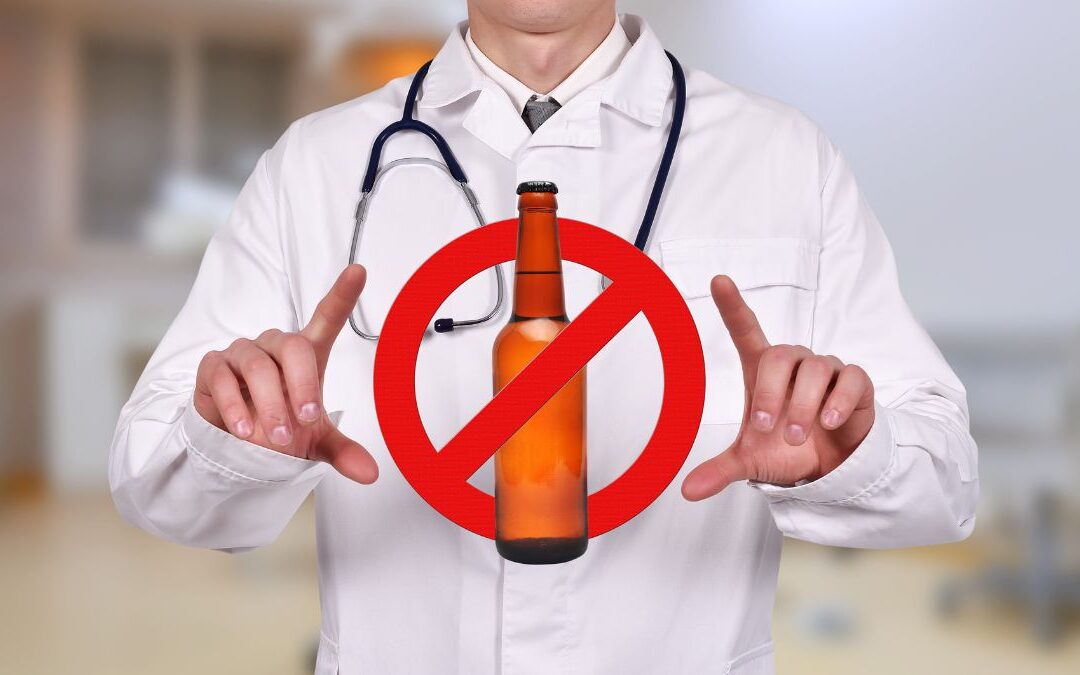Understanding and Preventing Alcohol Abuse
Alcohol abuse is a significant public health issue, contributing to various physical, mental, and emotional challenges. Whether it’s binge drinking on weekends or chronic alcohol consumption, excessive drinking has long-term consequences that can affect every aspect of a person’s life. It’s essential to recognize the signs of alcohol abuse and understand the steps for prevention and treatment.
Health Risks of Alcohol Abuse
Chronic alcohol use is associated with numerous health conditions, including liver disease (cirrhosis, fatty liver, and alcoholic hepatitis), heart disease, high blood pressure, and pancreatitis. Long-term alcohol consumption also increases the risk of developing certain cancers, including liver, breast, mouth, and throat cancers. According to the Centers for Disease Control and Prevention (CDC), excessive alcohol use is responsible for over 95,000 deaths each year in the U.S. alone.
Alcohol not only harms physical health but also affects the brain. Excessive drinking can lead to cognitive impairment, memory loss, and poor decision-making. Over time, alcohol abuse can shrink brain volume and damage areas involved in coordination, planning, and memory retention.
Recognizing the Signs of Alcohol Abuse
Signs of alcoholism include:
– Drinking larger amounts or over a longer period than intended.
– Failing to cut down or control drinking.
– Neglecting responsibilities due to drinking.
– Experiencing withdrawal symptoms such as nausea, sweating, or tremors.
Early intervention is key to preventing the escalation of alcohol abuse. If you or someone you know is struggling with controlling alcohol consumption, it’s important to seek help.
Prevention and Treatment Options
There are many effective treatments for alcohol dependency, including counseling, rehabilitation programs, and support groups like Alcoholics Anonymous (AA). Medications such as naltrexone and acamprosate can help reduce cravings and prevent relapse. Cognitive Behavioral Therapy (CBT) is another proven treatment that helps individuals identify and modify behaviors related to drinking.
Medical Disclaimer: The content provided in this article is intended for general informational and educational purposes only and should not be construed as medical advice, diagnosis, or treatment. The information presented is not a substitute for professional medical guidance, diagnosis, or treatment from a licensed healthcare provider. Always seek the advice of your physician or qualified healthcare provider with any questions you may have regarding a medical condition, and never disregard professional medical advice or delay seeking it because of something you have read in this article.
The author and publisher of this article make no representations or warranties concerning the accuracy, applicability, or completeness of the content provided. Any reliance you place on such information is strictly at your own risk. This article is provided “as is” and without any warranties of any kind, either express or implied. The author specifically disclaims responsibility for any liability, loss, or risk, personal or otherwise, incurred as a consequence, directly or indirectly, from the use or application of any of the content herein.
By reading this article, you acknowledge and agree that no physician-patient relationship is established between you and the author. The author is not liable for any actions taken based on the information in this article. If you think you may have a medical emergency, contact your doctor, go to the emergency department, or call emergency services immediately.
